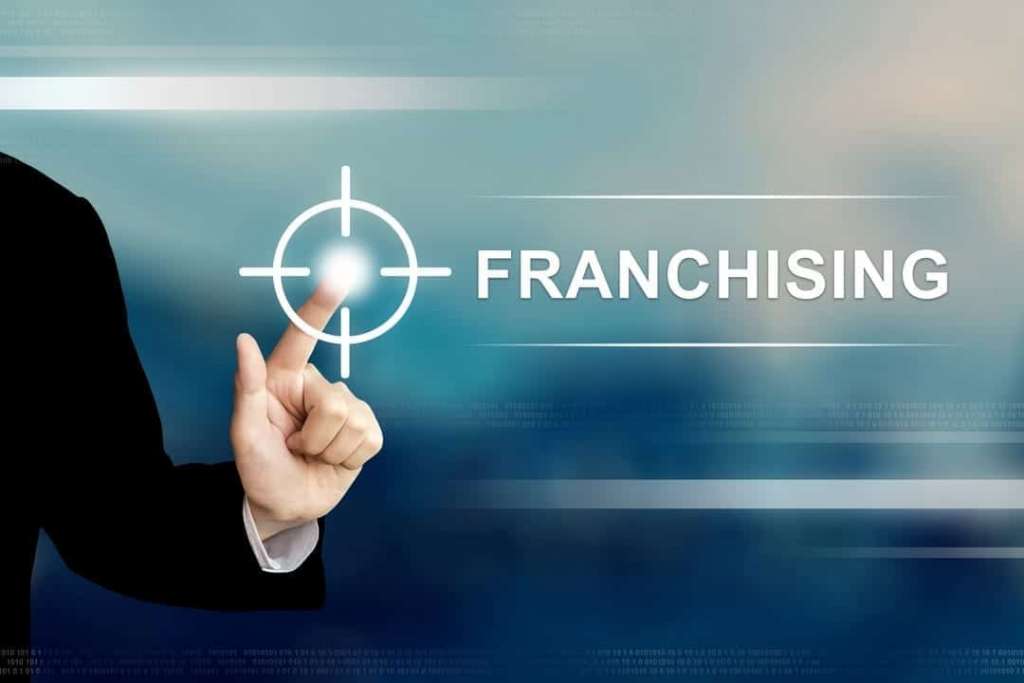The last element of any contract, which is necessarily present in a Franchise Agreement, is the element of cause or consideration. Our law defines cause or consideration as the prestation or promise of a thing or service by the other. In a Franchise Agreement, the cause or consideration involves the “why?” in the agreement. Why will the franchisor franchise his business?
The “why?” in a Franchise Agreement is usually stated in the Recitals portion of the contract, also termed as “Witnesseth:” in some agreements. However, to determine the real motive why the parties are entering into such a relationship, one has to read between the lines.
One of the principal reasons of a franchisor in franchising his business is for expansion. The construction cost of additional outlets, coupled with the expenses for utilities, labor, government fees and taxes, and other expenditures will be too Herculean for a businessman to undertake by himself, especially if he wants to open a lot of outlets. Moreover, the logistical and operations capabilities of a businessman managing several outlets have limits. These problems are solved through franchising.
In franchising, the franchisor does not have to shell out a single centavo in opening a franchised outlet, because it is the franchisee who will actually spend for construction costs, utilities, labor expenses, government fees and taxes, and other charges consequent to opening a new business.
Furthermore, the franchisor is also interested in collecting various fees stipulated in the Franchise Agreement. Some of the standard fees found in your run-of-the-mill Franchise Agreement include the franchise fee, monthly or weekly royalty fees, advertising fees, and various fees for services rendered, relocation, and training. The franchisor is assured of prompt and continuous payment of these fees because it is usual stated in the Franchise Agreement that failure or default in payment of any of these fees gives the Franchisor the right to terminate the Franchise Agreement.
Normally, a businessman has to pay for his own advertising and marketing expenses. In franchising, the franchisor has someone to share his advertising expenses, especially in instances of print, television and radio advertising, where the benefit is shared by both the franchisor and the franchisee.
For franchises involving the supply of prepared food or goods, the raw supply of which can only be sourced from the franchisor, one of the considerations for entering into a franchise is that the franchisor is assured of constant demand for his products. In addition to his current set of customers, the franchisor can also sell commissary items to his franchisees, thereby expanding his consumer base.
One of the obvious trade-offs which a franchisor would have to deal with in franchising is that, to a certain extent, he will be revealing his system of operations, know-how, and confidential proprietary information to a franchisee. Nevertheless, a properly drafted franchise agreement can arrest possible infractions of franchisees. Thus, the franchisor can still rest assured that the franchised business will remain his even after it is franchised to others.
Let us help you. For further inquiries, you may seek legal assistance by e-mailing us at [email protected].
Nicolas & De Vega Law Offices is a full service law firm in the Philippines. You may visit us at the 16th Flr., Suite 1607 AIC Burgundy Empire Tower, ADB Ave., Ortigas Center, 1605 Pasig City, Metro Manila, Philippines. You may also call us at +632 4706126, +632 4706130, +632 4016392.









